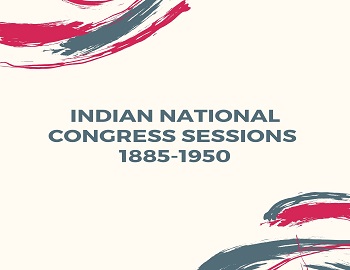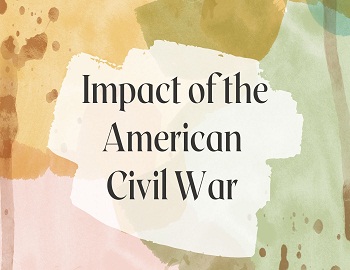The Rise of Extreme Communalism:
After the suspension of the Non-Cooperation movement, the Hindu-Muslim unity witnessed during the Khilafat days evaporated, giving way to communal violence and the Congress and the Muslim League parting ways. When the Simon Commission visited India, the Congress boycotted it; but the Mulsim League led by Jinnah cooperated with it to promote the Mulsim interests. Jinnah repudiated the Nehru Report and presented his own “Fourteen Points”.
In 1930, the great poet Sir Mohammad Iqbal, while addressing the Allahabad session of the Muslim League declared that “the formation of a consolidated North-West India into a Mulsim State appears to me to be the final destiny of Muslims”. He thus initiated the idea of a separate Muslim state. Three years later, in 1933, a group of Mulsim students studying in England, led by Rahamat Ali, proposed the creation of a separate Muslim State in North-West India, to be called Pakistan.
After the League’s humiliating defeat in the elections of 1937, Jinnah turned to the Mulsim masses and played the communal card. He launched a double-barrelled propaganda to whip up communalism; on the one hand, he accused Gandhiji of trying to establish a “Hindu Raj”; on the other, he charged the Congress Governments with being ruthless to Muslims. Following this, he propounded the two-nation theory, to the effect that Hindus and Muslims are not two communities but two separate nations.
Next, Jinnah began to pose the Muslim League as the sole representative organization of the Indian Muslims. He threatened: “We will not let either the British or Mr. Gandhi to rule the Mussalmans. We want to be free.” The stage now was set for the fatal demand. The Lahore session of the Mulsim League, held on March 24, 1940, passed the Pakistan Resolution and rejected the Federal Scheme as envisaged in the Government India Act, 1935.
Meanwhile, the pressure was growing on the Government. The Congress was demanding complete independence after the War. The resignation of the Congress Ministries against the British war policies was also another cause of unease for the Government. In the circumstances, the British imperialists, as a part of their time-tested policy of divide and rule propped up and patronized the Muslim League as a counterbalance to the Congress. Thus, boosted, the Muslim League began to pose itself as the sole spokesman for all Muslims and to use its political power to veto any political settlement.









Comments (No)